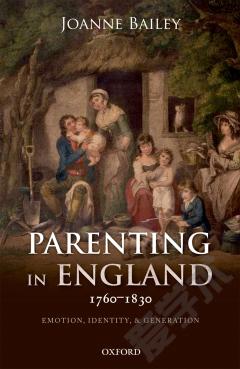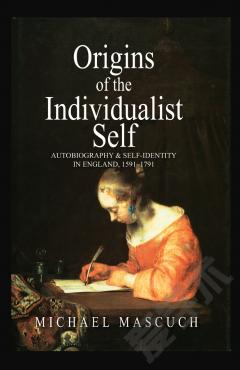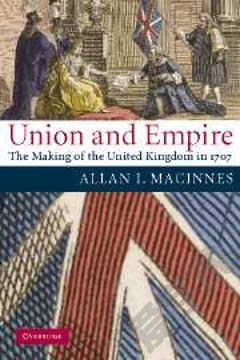British Consciousness and Identity: The Making of Britain, 1533–1707
The historical resonances of the concept of 'Britain' for the communities of the Atlantic Archipelago in the early modern period are explored here in terms of the ideological demands made upon it. Various and competing concepts of Britishness are examined, from the Henrician legislation which united Wales with England and which created the kingdom of Ireland, to the Act of Union of the realms of England and Scotland. The chequered history of the consciousness of Britain as a polity which embraced the united kingdoms is discussed in relation to the distinctive national identities of the constituent countries, and the question of the impact of 'Britain' on English policy-making under the Tudor, Stuart and the first Hanoverian monarchs is addressed. The puzzling resistance of the Irish to assimilation in contrast to the docility of the Welsh and - eventually - of the Scots is also explored.
{{comment.content}}








 京公网安备 11010802027623号
京公网安备 11010802027623号